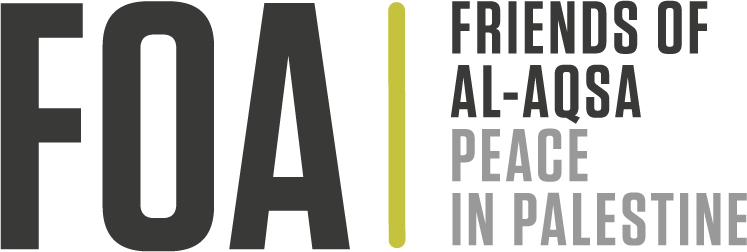Chief Prosecutor apologises after misleading public as warrant for Israel’s President Herzog blocked
In a devastating blow to justice and public trust, Britain’s High Court has refused to allow a judicial review that could have challenged the decision not to issue an arrest warrant for Israeli President Isaac Herzog a leader accused of inciting and justifying war crimes in Gaza.
The case, brought forward by Friends of Al-Aqsa (FOA), exposed shocking contradictions, evasions, and outright refusals by the Director of Public Prosecutions (DPP) and the Attorney General to act on overwhelming evidence of atrocities.
Ismail Patel, Chair of Friends of Al-Aqsa said,
“Herzog is no ordinary politician. He is on record making several statements that dehumanise Palestinians and encourage their indiscriminate killing. He has been filmed signing a bomb shell destined for Gaza, a grotesque spectacle of endorsement for mass destruction.
Under Herzog’s leadership and rhetoric, Israel’s bombardment of Gaza has left unimaginable devastation. Over 200,000 Palestinians dead, missing, or wounded. More than 90% of homes in Gaza destroyed or damaged. Over 90% of Palestinians rendered homeless. And Israeli policies are resulting in famine that is daily killing more innocent weak, young and babies.
These are not statistics. They are shattered families, mutilated bodies, and entire communities erased.
Despite mountains of public evidence, the DPP flatly refused to review all the material available to it. Even worse, the Attorney General refused to give any explanation at all for denying consent to prosecute Herzog.
In court, the Attorney General insisted that decisions to block prosecutions are not open to review, and refused to provide any reasons, effectively placing the Attorney General above scrutiny, beyond accountability, and outside the reach of the public they are meant to serve.
This chilling position means a public servant can refuse justice in cases involving genocide and war crimes without ever having to justify their decision. It is nothing less than a betrayal of cherished values of fairness, transparency, and the rule of law.
In a shocking twist, the Attorney General admitted in court that part of the DPP’s letter to FOA was false. The letter had claimed that the Attorney General had confirmed Herzog enjoyed immunity. In court, the Attorney General flatly denied ever saying this. Mr Justice Chamberlain said he was disappointed in the Attorney General and DPP for not raising the misleading statement before the judgement/at the hearing.
So, the British public is left with a scandalous reality:
The DPP misled the public.
The Attorney General refuses to give reasons.
The courts have tied their own hands.
This case should have been a landmark test of Britain’s commitment to international law and human rights. Instead, it has revealed a justice system shackled by politics, secrecy, and double standards.
Beyond the courtroom, the decision has immediate political consequences. Herzog’s visit to London, during which he met Keir Starmer has become a lightning rod for protest. MPs, rights groups and campaigners have demanded explanations. Thousands of demonstrators have taken to the streets and voices across the political spectrum are asking whether diplomatic hospitality can be reconciled with the duty to investigate credible allegations of serious international crimes.
For Palestinians, it is yet another sign that their suffering is met with indifference. For the British public, it is a terrifying precedent, government officials can block prosecutions of alleged war criminals and never explain why.
FOA’s legal team argued powerfully that the refusal to give reasons is unlawful, particularly in a matter of such public interest. Yet the High Court said its hands were tied even though this may be an “anomalous” position in the law, shielding the Attorney General from accountability.
Why is Britain bending its laws and principles to welcome alleged war criminals, while silencing demands for justice? Who benefits from protecting Herzog, and at what cost to Britain’s reputation, democracy, and moral standing?
The High Court’s decision doesn’t just protect one man. It sends a chilling message, those with power and political backing can escape justice, even when accused of supporting genocide.”
Ismail Patel

